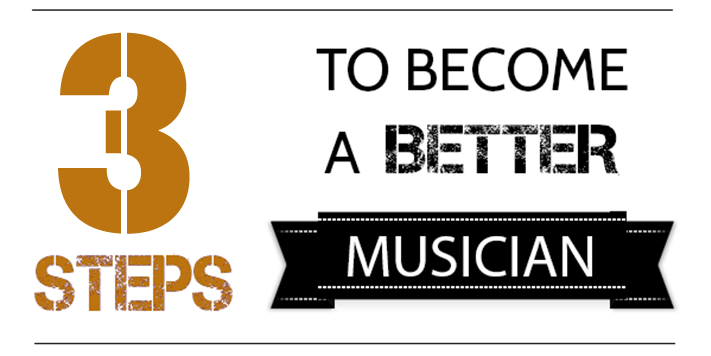
How to become a professional musician-
A musician is an entertainer. They perform for crowds or audiences by playing instruments or singing. They can be found playing in night clubs, weddings, events, or concerts. Many aspire to secure an agent to represent them or to land a recording contract. Many musicians master several instruments to become more marketable and flexible.
Click here to know about Everything You Need to Know to Become a Dancer
Professional musicians sing and play instruments in front of live audiences and record music in studios. They must also rehearse, practice and audition regularly. While some musicians may perform as solo acts, others may perform as part of bands, choirs, orchestras or musical groups. While there are no formal educational requirements, prospective musicians often begin taking music or voice lessons at an early age and general practice long hours in their developmental years. It takes a lot of determination, persistence, and passion for music.
Steps to Become a Professional Musician:
Take Lessons
Musicians often begin taking lessons during their youth. Individuals learn to play an instrument or sing by enrolling in lessons with a private teacher or through a school program. Young musicians will often need to practice regularly to prepare for recitals.
Get Post-Secondary Training
While an associate’s degree program in music may provide one with additional skills, individuals that want to work as classical musicians generally need to pursue a bachelor’s degree. Students in a bachelor’s degree program in music will be able to focus on a particular type of instrument and begin specializing in a specific genre, such as jazz, opera, or classical. In addition to taking classes and participating in musical groups, students may also have an opportunity to take part in a senior recital. During college, one may benefit from participating in a music fellowship, which provides additional training and offers performance opportunities. A fellowship may also help you transition into a professional career.
Audition
Whether a musician wants to perform in a jazz band, professional orchestra or for an event, they will often need to audition to demonstrate their musical skills and talents. Musicians may also be expected to have a demo that they can send out to producers or potential employers. They must develop contacts in the field. Building relationships with agents and managers may enhance potential employment opportunities
I hope you will enjoy this article which is about 3 Steps to Become a Professional Musician

Important Qualities of Musicians:
Dedication: Auditioning for jobs can be a frustrating process because it may take many different auditions to get hired. Musicians and singers need determination and dedication to continue to audition after receiving many rejections.
Discipline: Talent is not enough for most musicians and singers to find employment in this field. They must constantly practice and rehearse to improve their technique, style, and performance.
Interpersonal skills: Musicians and singers need to work well with a variety of people, such as agents, music producers, conductors, and other musicians. Good people skills help build good working relationships.
Musical talent: Professional musicians or singers must have superior musical abilities.
Physical stamina: Musicians and singers who play in concerts or in nightclubs, and those who tour, must be able to endure frequent travel and irregular performance schedules.
Promotional skills: Musicians and singers need to promote their performances through local communities, word of mouth, and social media. Good self-promotional skills help build a fan base.
Job:
The employment of musicians and singers is projected to grow 7 percent over the next ten years, about as fast as the average for all occupations. Growth will be attributed to increases in demand for musical performances.
Digital downloads and streaming platforms make it easier for fans to listen to recordings and view performances. Easier access to recordings gives musicians more publicity and grows interested in their work, and concertgoers may become interested in seeing them perform live. Moreover, some musicians and singers license their music for use in advertisements or other commercial purposes, creating more exposure and revenue opportunities.
There may be some additional demand for musicians to serve as session musicians and backup artists for recordings and to go on tour. Singers may be needed to sing backup and to make recordings for commercials, films, and television.
However, employment growth will likely be limited in orchestras, opera companies, and other musical groups because they can have difficulty getting funding. Some musicians and singers work for nonprofit organizations that rely on donations, government funding, and corporate sponsorships, in addition to ticket sales, to fund their work. During economic downturns, these organizations may have trouble finding enough funding to cover their expenses.
If you like this article on how to become a professional musician, then you can share with your loved one’s






